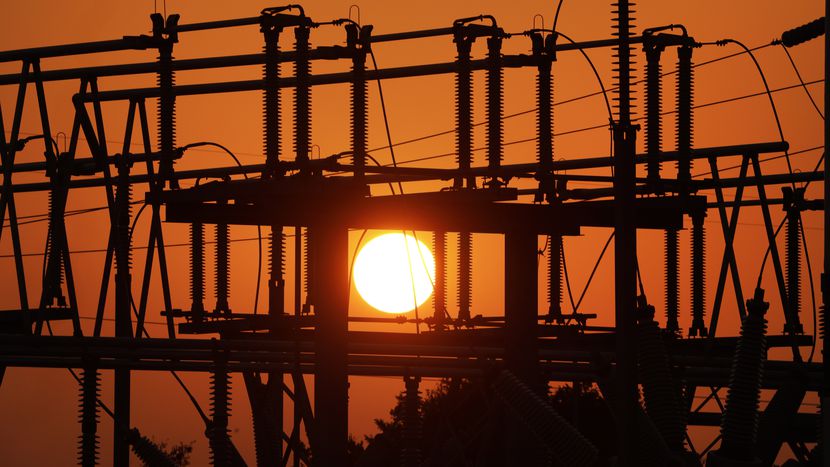
ERCOT, the Electric Reliability Council of Texas, paid bitcoin mining company Riot Platforms $2.5 million in September for voluntarily reducing its energy consumption during a historic heat wave that hit the state. This payment is part of a larger trend, as ERCOT has paid Riot a total of $13.3 million from June to September in exchange for curbing its energy use during periods of high demand.
In addition to the payment from ERCOT, Riot earned $11 million in power credits in September by selling prepurchased energy to TXU. Overall, Riot received $41.6 million in credits from TXU for selling its energy back to them from July to September.
These deals with the state have put Riot in an advantageous position, as the company uses the credits to pay its electric bills. According to Riot CEO Jason Les, these agreements demonstrate the value of Bitcoin mining while also contributing to the stability of the ERCOT electrical grid.
By curtailing its operations, Riot effectively doubled its revenue from Bitcoin mining in September. The company mined 362 Bitcoin during that month, but with the money earned from its deals with ERCOT and TXU, it equates to approximately 511 Bitcoin at current trading prices.
Riot’s agreement with TXU runs until April 30, 2030, while its deal with ERCOT is more flexible and based on a competitive bidding process. According to Pierre Rochard, vice president of research for Riot, their participation in the bidding process actually pushes down the cost of procuring ancillary services, which benefits ratepayers.
The proliferation of cryptocurrency miners in Texas has raised concerns about their impact on the energy grid. In response, ERCOT is seeking regulatory approval to require large electric consumers, including Bitcoin miners, to get approval before connecting to the grid.
Last year, Massachusetts Sen. Elizabeth Warren called on Texas to investigate subsidies to Bitcoin miners. However, ERCOT responded by denying the claims, stating that cryptominers do not receive subsidies or any special treatment. Regardless, the controversy surrounding cryptocurrency may have influenced public opinion on Riot’s earnings from the state.
Despite the criticism, Riot has had a successful summer, with profits soaring in August after earning $31 million from its deals with ERCOT and TXU. The company continues to invest in Texas, with plans to build a large Bitcoin mining and data center in Corsicana. Its shares were up 16% in early October, indicating strong momentum.
Overall, Riot’s agreements with ERCOT and TXU have not only provided financial benefits but have also allowed the company to contribute to the stability of the electrical grid during periods of high demand. This demonstrates the potential for Bitcoin mining to be a valuable asset in managing energy consumption.






